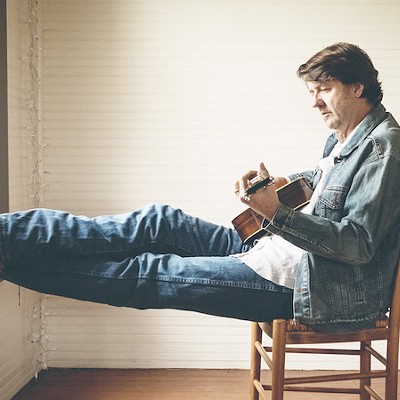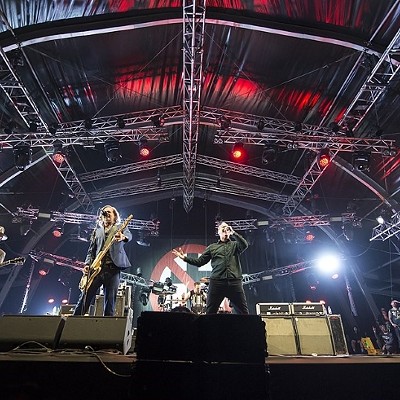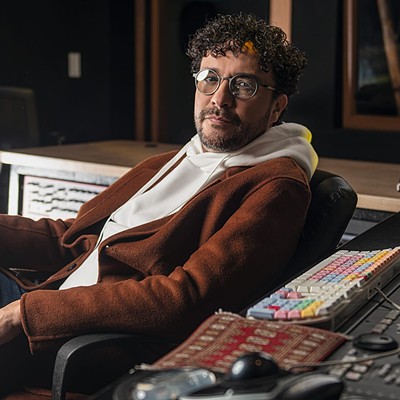Rocks Off has always been a fan of symbolism, hidden meanings and puzzles in general, so besides Raymond Chandler, Stephen King and Larry McMurtry, our favorite form of "lit-rah-chah" is allegorical stuff like George Orwell's Animal Farm, William Golding's Lord of the Flies and Edgar Allan Poe's "The Masque of the Red Death." And when it comes to music, Don McLean's "American Pie" has been keeping people like us busy for years.
Besides lending its name to those Stifler movies - something we're sure McLean is very proud of - "American Pie" has been covered by Madonna and (much less catastrophically) Garth Brooks, was named one of the 20th century's Top 5 songs in a poll conducted by the National Endowment for the Arts and the Recording Industry Association of America, and has supposedly been played more than three million times on the radio.
Rocks Off estimates we have heard about 50,000 of those three million times, so since McLean is playing Dosey Doe in the Woodlands Saturday night, we thought we'd put on our lit-crit caps and run down McLean's myriad allusions in his eight-and-a-half-minute song. It begins with the plane crash that killed Buddy Holly, Ritchie Valens and Beaumont's J.P. "The Big Bopper" Richardson (and could easily have killed Waylon Jennings instead of the Bopper) in February 1959, and doesn't stop until it has covered the entire history of rock and roll up to about 1970 and a good bit of '60s social history besides.
We've been wanting to do this for a while, but we're hardly first. In fact, online discussion of "American Pie" may date back to the Internet's horseless-carriage days. "The roots of this posting are in the 'Great American Pie' Usenet discussion of 1983," writes Rich Kulawiec in his introduction to the "Pie" page at faqs.org. "Much of it comes from wombat's (the original wombat, not me) posting in net.music on June 16, 1985."
1985. That's not a misprint. Credit is also due the "American Pie" pages at The Straight Dope, Songfacts and a Web site entirely devoted to the song, understandingamericanpie.com. Enjoy.
A long, long time ago... I can still remember How that music used to make me smile. And I knew if I had my chance That I could make those people dance And, maybe, they'd be happy for a while.
But February made me shiver With every paper I'd deliver. Bad news on the doorstep; I couldn't take one more step.
I can't remember if I cried When I read about his widowed bride, But something touched me deep inside The day the music died.
McLean's opening touches on his childhood job as a paperboy; he learned of Holly's plane crash on his morning route. The "widowed bride" is Maria Elena Santiago-Holly, who now lives in Dallas. McLean coined the phrase "The Day the Music Died," which has now been borrowed for half a dozen book titles, himself.
CHORUS
So bye bye, miss American pie. Drove my Chevy to the levee, But the levee was dry. And them good old boys were drinkin' whiskey and rye Singin', "this'll be the day that I die. "this'll be the day that I die."
"American Pie" is generally taken as a reference to either rock and roll itself or apple pie, Either one fits the song's overall theme of lost innocence, for McLean, rock and roll and the nation itself. Chevrolet commercials in the 1950s featured the line "On a highway or a road along a levee/ Life is completer in a Chevy." "This'll be the day that I die" comes almost word-for-word from Holly's hit "That'll Be the Day."






